“Clean Water for All!” Is a No Brainer
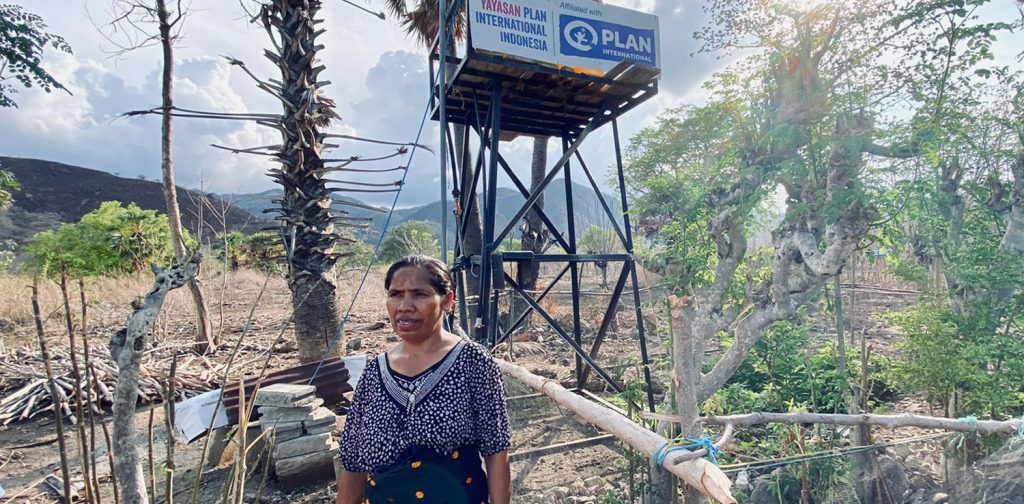
A mama (mother) in front of one of the clean water facilities installed by Plan Indonesia
For many of us who live in cities where and safe water comes from the tap and access to drinking water is a matter of opening a bottle or pushing down the tap of a mineral water dispenser, it is difficult to imagine having to walk miles for water.
Goal 6 of the Sustainable Development Goals (SDGs) states, “Ensure availability and sustainable management of water and sanitation for all.” The reality is that with less than a decade towards 2030, despite some progress, still one in three people do not have access to safe drinking water and 637 million people still practice open defecation.
Reflecting on my recent visit to Timor Tengah Selatan (TTS) and Nagekeo, two regencies in East Nusa Tenggara province of Indonesia located in Timor and Flores islands respectively, I found that access to clean water is still a big issue even until today.
In 2018, only 39.2% of the population in Nagekeo had access to clean water, according to the Nagekeo Regional Medium-Term Development Plan 2019- 2023 (RPJMD). In TTS, the situation was not much different; in 2020, 44% still did not have access to clean and safe drinking water, according to the Timor Tengah Selatan RPJMD 2018- 2024.
The paradox is that agriculture has been the backbone of the local economy in both regencies. Water is essential for agriculture, and without an adequate water supply, agriculture cannot deliver its full potential, as we see in both regencies. The high rate of stunting in these two regencies, in Plan’s experience and observation, is also linked to the lack of clean water and sanitation.
I visited these two regencies from 7 to 13 November and saw first-hand how Plan Indonesia’s intervention in building clean water facilities and establishing community water management have helped over 5000 children and their families to have access to clean water.
“Our kids now can shower every day,” said the head of Nggolonio village in Nagekeo. “I don’t have to go out before dawn at 4 AM to fetch water,“ cited one mama—a local way to call an adult woman. In TTS, in addition to building pipes and installing pumps, Plan staff promote sanitation & hygiene, and water.
We won’t stop until all children in TTS and Nagekeo have access to safe and clean water because water is an enabler and prerequisite condition for social, gender, and economic justice. We won’t stop until all our children can say “Air bersih su ada” (clean water is here!). It’s a no brainer!
Editor: Marlis Afridah
Dini Widiastuti is participating in Run for Equality 2021. Join her and help the children of East Nusa Tenggara to have clean water by donating here.

Subscribe to Green Network Asia
Strengthen your personal and professional development with cross-sectoral insights on sustainability-related issues and sustainable development across the Asia Pacific and beyond.
Dini Widiastuti
Dini is the Executive Director of Plan Indonesia. She is also a part of our Advisory Network.


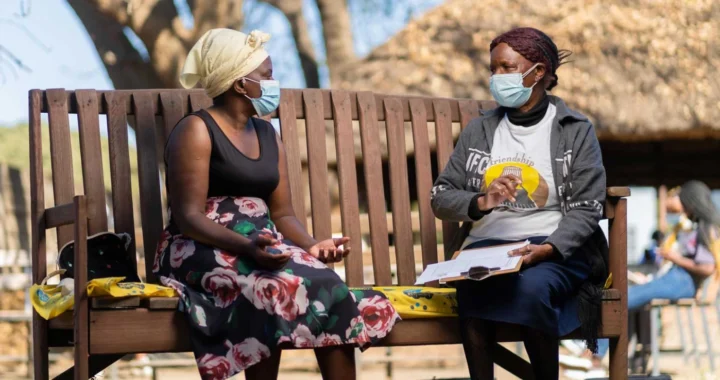 How Friendship Bench Bridges Mental Health Care Gap
How Friendship Bench Bridges Mental Health Care Gap 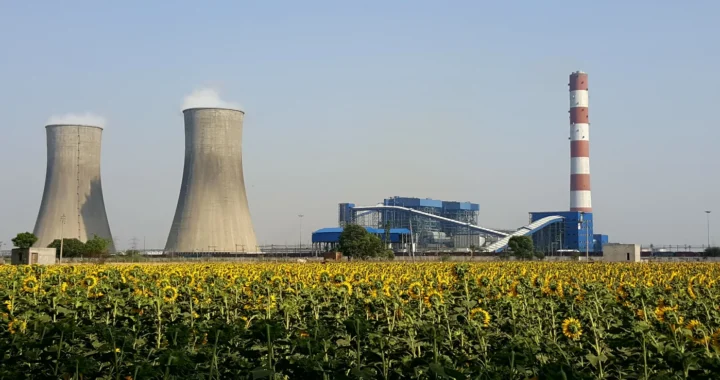 Going Backward: India’s Sulfur Dioxide Emission Policy Against Clean Air
Going Backward: India’s Sulfur Dioxide Emission Policy Against Clean Air 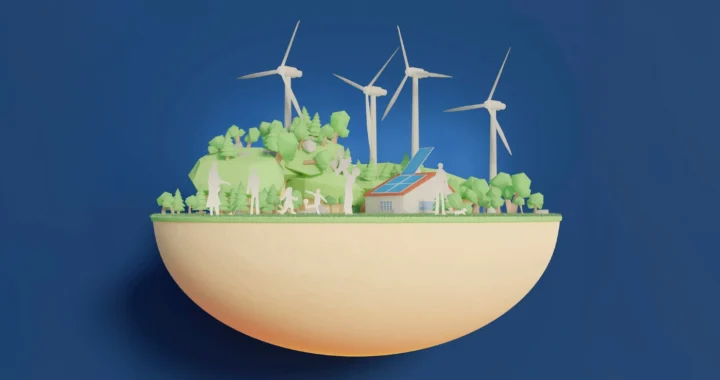 The Urgency of Seizing the Global Renewable Energy Opportunities
The Urgency of Seizing the Global Renewable Energy Opportunities 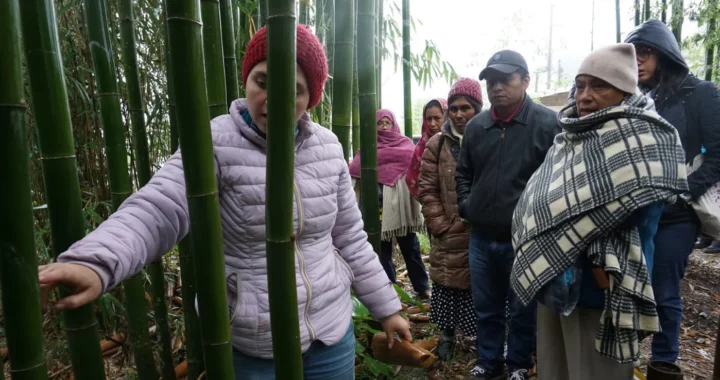 How Tosepan Titataniske Leads Community Efforts for Sustainable Tourism in Mexico
How Tosepan Titataniske Leads Community Efforts for Sustainable Tourism in Mexico 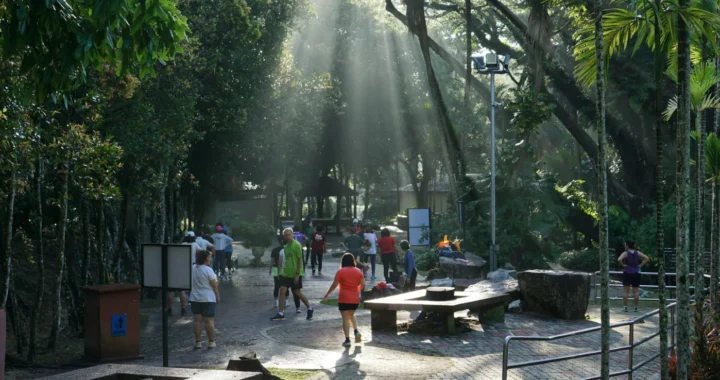 Accessible and Inclusive Urban Green Spaces for All
Accessible and Inclusive Urban Green Spaces for All 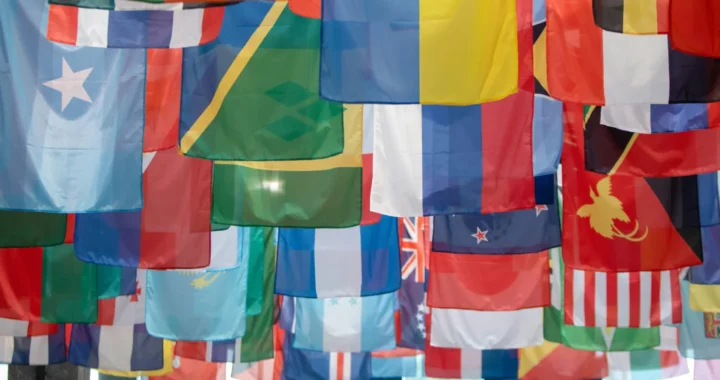 From Youth Initiative to the International Court of Justice: Advisory Opinion on Climate Change
From Youth Initiative to the International Court of Justice: Advisory Opinion on Climate Change